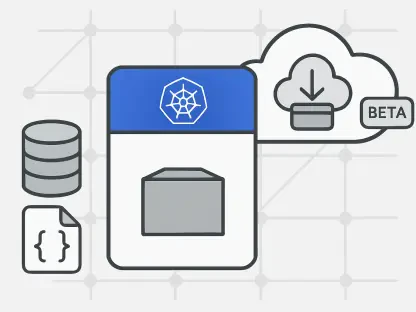In the fast-evolving world of DevOps and DevSecOps, GitLab Inc. has emerged as a formidable player, consistently pushing boundaries with innovative tools and platforms that redefine industry standards. Yet, recent executive changes within the company have sparked discussions about its ability to maintain a leading position in this competitive landscape. With the appointment of a new Chief Accounting Officer and ongoing concerns about management turnover, questions arise about whether such shifts could disrupt operational stability or strategic focus. At the same time, GitLab’s recognition as a Leader in the Gartner Magic Quadrant for DevOps Platforms for the third consecutive year offers a strong counterpoint, signaling robust market confidence. This juxtaposition of internal challenges and external validation sets the stage for a deeper exploration of GitLab’s current standing and future prospects. The interplay between leadership continuity and technological innovation will likely define the company’s trajectory in the coming years.
Navigating Leadership Transitions and Operational Risks
The recent transition in GitLab’s executive suite, with Simon Mundy stepping in as Chief Accounting Officer to replace Brian Robins, reflects a commitment to maintaining strong leadership. However, such changes, while not immediately tied to short-term growth drivers like AI innovations, carry inherent risks of disruption. Management turnover can create ripples across strategic execution and operational cohesion, potentially slowing down decision-making processes or altering go-to-market strategies. Industry observers note that while the role of Chief Accounting Officer may not directly influence product development, the broader pattern of executive shifts could signal underlying challenges in maintaining a unified vision. For GitLab, ensuring that these transitions do not derail its momentum in the DevOps space is paramount. The company must balance the integration of new leadership with the need to sustain focus on core objectives, particularly as competitors continue to vie for market share with aggressive innovation and pricing strategies.
Industry Recognition and AI-Driven Growth Potential
On a more positive note, GitLab’s consistent recognition as a Leader in the Gartner Magic Quadrant for DevOps Platforms underscores its strong market position and platform capabilities. This accolade, earned for the third straight year, bolsters both investor and customer confidence, reinforcing the company’s ability to deliver cutting-edge solutions. A key driver of this success lies in GitLab’s accelerated rollout of AI-powered tools, aligning with industry-wide trends toward automation and efficiency in software development. Financial projections further paint an optimistic picture, with expected revenue growth of 21.6% annually, targeting $1.4 billion by 2028. Despite this potential, execution challenges and internal uncertainties loom large, as reflected in the wide range of fair value estimates among analysts, spanning from $27.92 to $150 per share. While the focus on AI and industry validation provides a competitive edge, GitLab needs to address operational hurdles to fully capitalize on these opportunities in the dynamic DevOps market.









